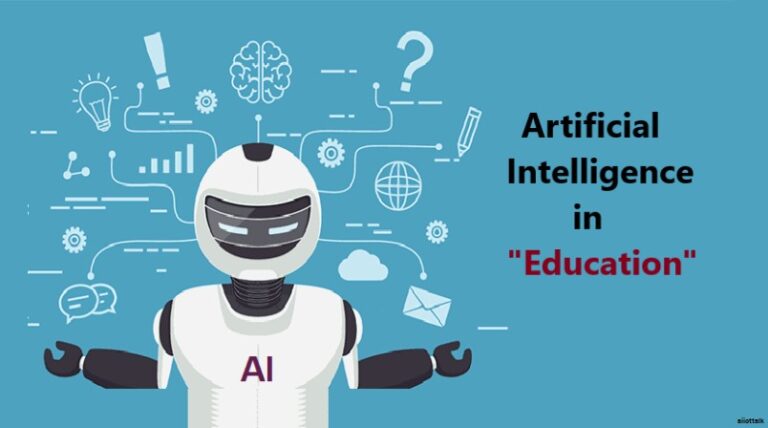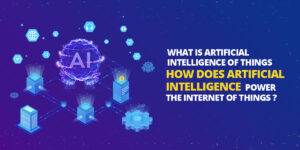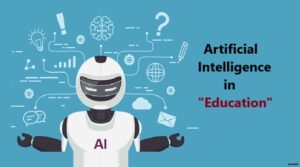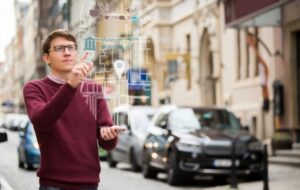While there have been numerous technological inventions that most people would regard as highly impressive, few can captivate people’s attention like AI. AI technology has come a long way since its inception. Programs are now able to dynamically learn and interact with people in a way never before seen. This has allowed AI tech to propagate in just about every industry and with much success.
One of the areas in which Artificial Intelligence has been successfully utilized is in education. This new generation of technologies has been broadly referred to as EdTech. Some common examples of EdTech include DuoLingo, Labster, McgrawHill’s ALEKS, and more.
Here we will look at where AI technology is being utilized in educational systems as well as where it is heading in the future.
Classroom Assistance:
Teachers spend a lot of time performing tasks such as grading papers, preparing assignments, and delivering instructions multiple times. All this results in them spending less time in an active teaching role with their students. AI programs that can help teachers with these tasks are already being developed and utilized.
Distance Learning:
Distance learning is not a new concept. A typical distance education program involves a student entering a “virtual classroom” where they can interact with the instructor and other students. This is not the kind of distance learning being referred to here.
“A good example of AI-driven distance learning would be DuoLingo; a program that teaches, quizzes, corrects and interacts with the user.”
Programs such as DuoLingo have made good use of AI-driven technology and are a good example of things to come. A recent study showed that 34 hours on DuoLingo was roughly equivalent to 1 semester of language classes at a post-secondary institution. This would not have been possible a few years ago and truly demonstrated the power of AI-driven EdTech.
This distance learning technology has given people around the world, especially those who traditionally did not have access to quality education, a chance to access quality, structured educational programs.
Individualized Learning:
Ask anyone who has studied educational science and they will tell you that not all students learn the same way. The advent of standardized testing worked out well for some students who, by their nature operated well under those conditions, but not so well for others.
With advancements in AI, programs are now able to identify areas in which individual students are having trouble, as well as patterns in their learning habits.
This technology will become very powerful in the future as each student will be able to receive clear and well-detailed advice on how to improve their scholastic success.
This type of technology will also be very helpful in the coming decades as spectrum conditions such as autism and Aspergers become more common. AI will be able to help these individuals by closely examining their learning patterns as well as their strengths and weaknesses.
Tutoring Support:
Access to a qualified tutor has often been the difference between a good student and an honor roll student. The most common barrier to receiving quality tutorship is economics.
“Fairly soon AI programs will be able to interact with students in such a way that will allow them to tutor students on a variety of topics.”
Tutoring AI tech is not so commonplace now, but many tech companies and startups are working on this type of technology.
Augmented Reality:
EdTech is not exclusive to students. Many businesses and institutions have turned to a specific form of AI tech called Augmented Reality to develop training programs.
Augmented Reality takes AI and Virtual Reality and blends them into a full experience for the user. A common example of Augmented Reality would be a fully immersive flight simulator. These types of programs can help train pilots to properly handle tricky or dangerous scenery without putting their lives in danger.
Conclusion
As we have seen AI is already making its mark on education. It is allowing teachers to spend more time with their students and is given people who traditionally were not able to access decent education the chance to do so. It can be expected that as time goes AI will integrate even further with education and will change the way we see educations relationship with technology.
— Beatrix Potter is a professional writer at OXEssays and State Of Writing
Also, Read Is Artificial Intelligence the Game Changer in the Educational Industry

